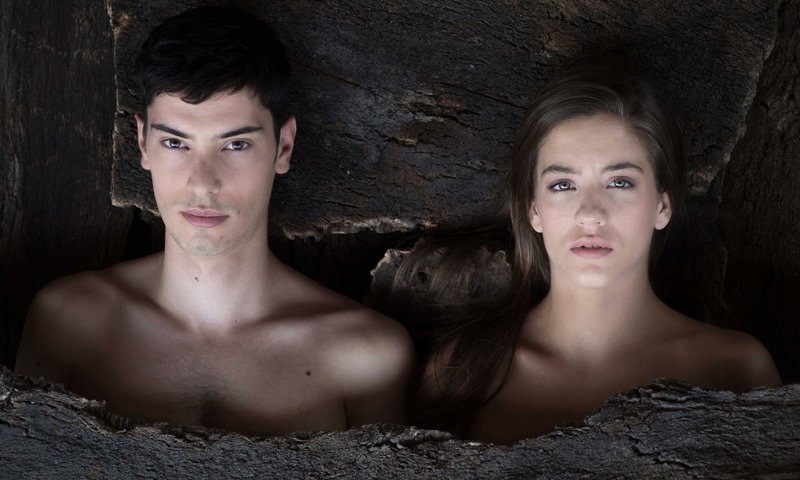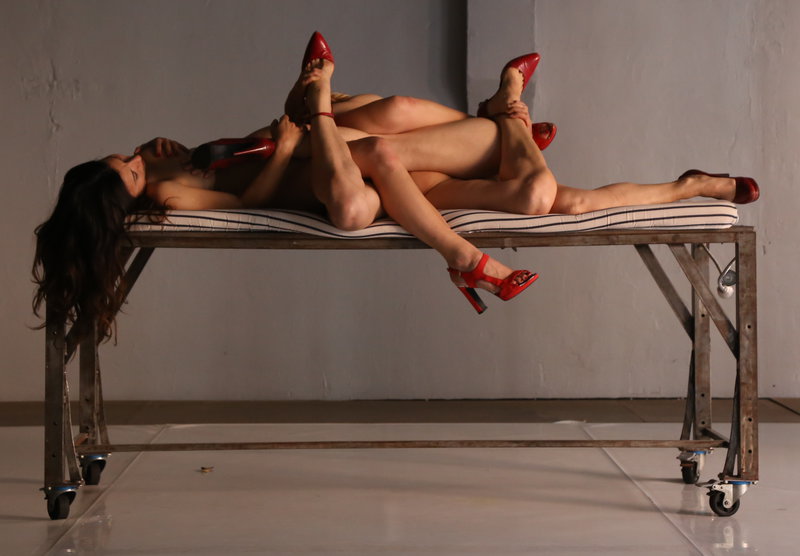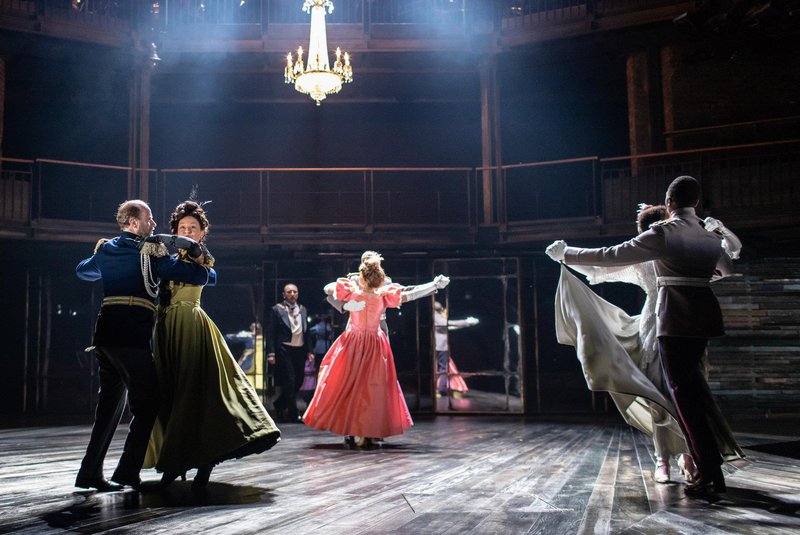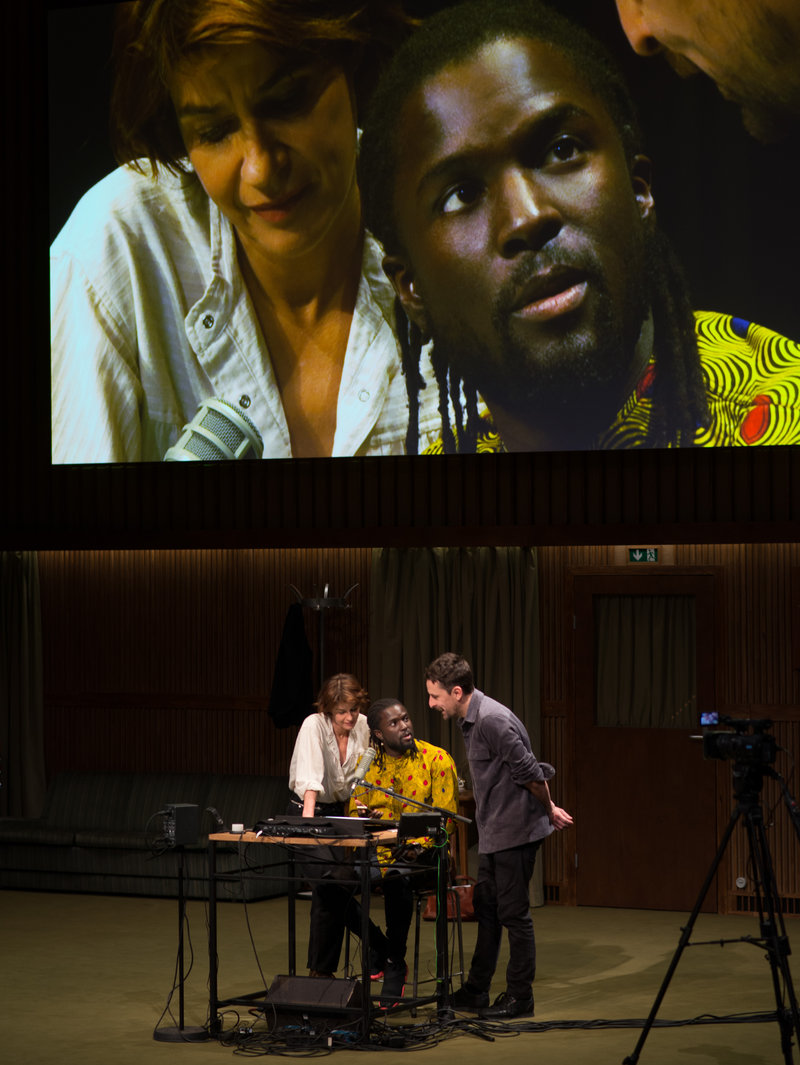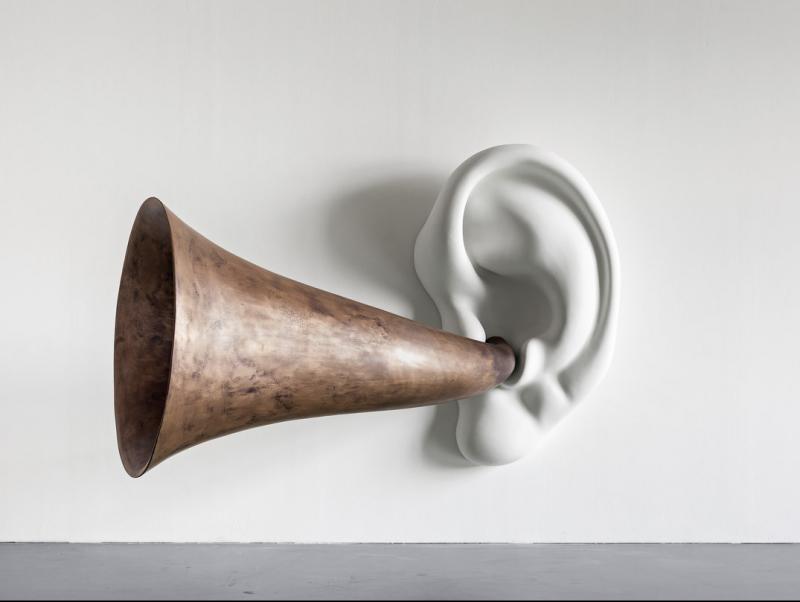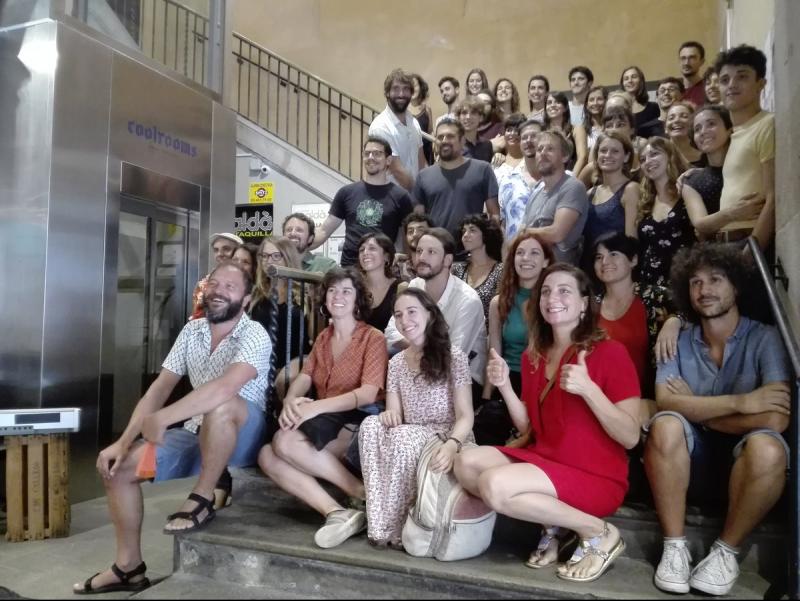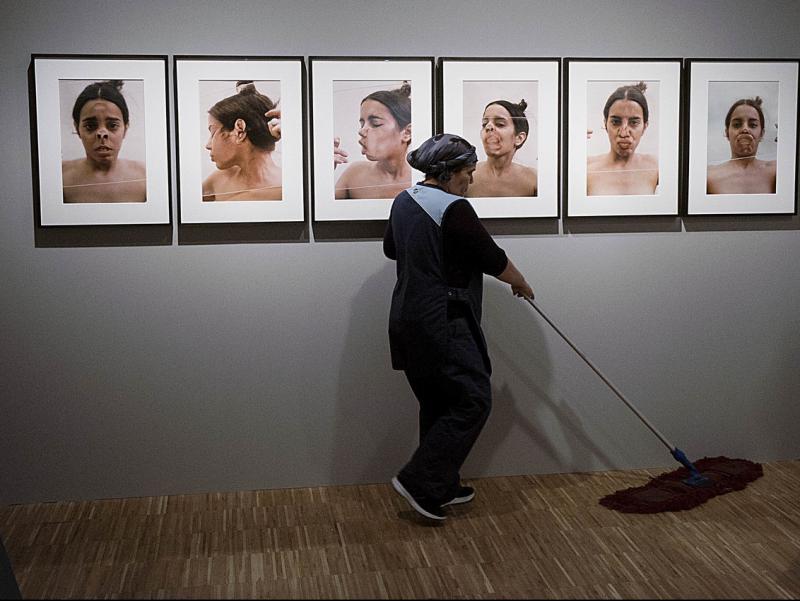A classic autumn
Temporada Alta festival director Salvador Sunyer reverts to a blend of classic, universal and Catalan references to tackle the disorientation gripping today’s society
The Temporada Alta festival retains its revolutionary and demanding formula: aiming to be accessible to the whole population with a programme that does not skimp on big names, risky productions or contemporary visions. Festival director Salvador Sunyer makes it clear that he does not intend to ignore the classics, since they have addressed the great issues facing humankind throughout history. This classical vision often adopts a perspective that questions current behaviour. And that might be through the myths of Iphigenia or Ulysses, Shakespeare’s Macbeth or Measure for Measure, or the universes of Aurora Bertrana, Mercè Rodoreda and Jacint Verdaguer. All of these have a direct link with today. It is a classical, but not a distant, vision, and one that is in no way placid: “The spectator needs to be punched in the face,” Sunyer says. The world of art has to bring different visions to today’s world - “not recipes,” he says - and build a world more critical of power.
The festival begins with two revisions of Shakespeare, in Girona and Salt, both on the opening night of the official inauguration, October 11: Measure by measure, by the Royal Shakespeare Company - this legendary theatre company has not graced the festival since its King Lear in 2002, although it did bring a much acclaimed The Canterbury tales to the TNC in 2006 - and Macbettu by Sardinian Alessandro Serra. In the former, Shakespeare speaks of justice and the fact that those who administer it make it work in their favour, and in the latter the Bard reflects on power, two themes that, although written 500 years ago, remain valid today.
Of the 97 shows at the festival, 27 are international and the others are local productions. The Temporada Alta retains its desire to be the reference autumn theatre festival in southern Europe and give visibility to local artists, while enabling coproductions with other theatres. The latter includes La mort i la primavera, directed by Joan Ollé with the TNC; the choreography Trama, by Roser López Espinosa; Paradisos oceànics (Grec); and Livealone (Fira Tàrrega).
Returning to the festival are Thomas Ostermeier (in his Retour à Reïms, he reflects on how it is possible that former left-wing voters now opt for extreme right-wing populism), Christiane Jatahy (in O agora que demora she turns Ulysses into an immigrant adrift at sea), Claudio Tolcachir (Próximo), the Mexicans Lagartijas Tiradas al Sol (Tula), the duo Shaday Larios and Jomi Oligor (who in La melancolía del turista question the need to be a tourist at all, even if most criticism is reserved for mass tourism), Sergio Blanco (Ostia, which addresses his relationship with his actress sister) and Lithuanian Oskaras Korsunovas (with A man from Podolsk). There are also new names, such as Portuguese Tiago Rodrigues (Sopro), and TG Stan’s collective work is presented through Harold Pinter’s Betrayal.
Angelica Liddell also returns. With the mystical phase of Genesis 6, 6-7 now behind her, she comes back with a dark, powerful piece about the death of her mother: Una costilla sobre la mesa: Madre, which the unclassifiable El Niño de Elche also plays a part in. Other notable names include Israel Galván (El amor brujo); M.A.R., by Andrea Díaz; and Iphigenia en Vallecas, which (in a similar way to Sergio Blanco’s Kassandra last year) depicts girls in the Madrid supradistrict as the excluded ones of the Greek classic.
As for local productions, some of the more risky works are those by Àlex Rigola (returning this year with a work that delves deep into the shadow of cancer), Sol Picó (Red room), Marta Carrasco (Jo, dona), CaboSanRoque (Dimonis, based on the exorcisms practiced by Jacint Verdaguer), Carlota Subirós (Grrrls, a drama on feminist manifestos from the 20th and 21st centuries), Jordi Oriol (Europa bull, Quim Masó Prize), Xirriquiteula (Laika, BBVA Theatre Award 2019) and El Conde de Torrefiel (Kultur, an explicit piece on pornography). In parallel, we find pieces that have already been performed at the Grec Festival, such as Jerusalem, Nenes i nens, Una gossa en un descampat, and Veus que no veus. Full houses are expected for Hits, by Tricicle, at the Girona Auditorium (five shows from October 10 to 13) and the umpteenth performance of El petit príncep by Àngel Llàcer and Manu Guix.
The festival is looking to give impetus to new audiences by expanding its promotion to schools this year (the aim is to surpass last year’s total of 9,000 spectators). This includes the launch of the programme Arteria, an initiative which aims to attract young people under 30 (all tickets at €10) with shows that address their concerns (for example, Livealone, Chinabum and Porn is on).
This year’s short promotional video was shot on one of the FFGC trains and includes a yellow ribbon painted on one of the wagons. Sunyer ended the presentation by stating that if the legal situation does not change a seat will be left free for each political prisoner and exiled politician at each perfo rmance. Sadly, another classic element of recent years.
THEATRE
Pasqual: the best Lorca
Lluís Pasqual, who disappeared from the Catalan theatre scene after his resignation from the Teatre Lliure just a year ago, is one of the star directors at this year’s festival. “Whenever we can get him, we will,” says Salvador Sunyer. Pasqual heads for Girona with a piece based on Lorca’s Romancero gitano, with Núria Espert starring. Sunyer defines Pasqual as the best director of Lorca (recalling, for example, his staging of El público in the mid-eighties in Girona).
Rosa Maria Sardà will also be there, presenting CredoinunsolODIO, a tribute to actress Cristina Cervià (whose death last March had a huge impact on local theatre).

